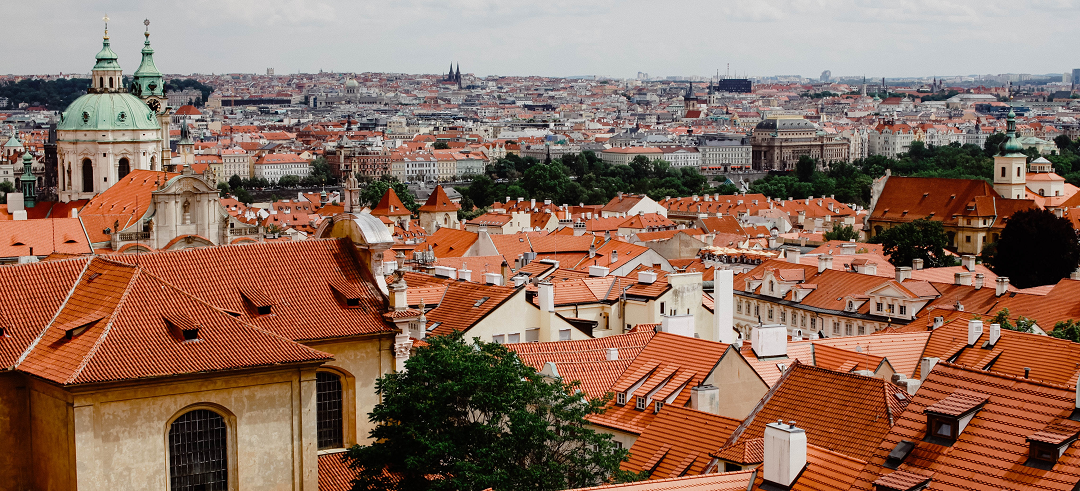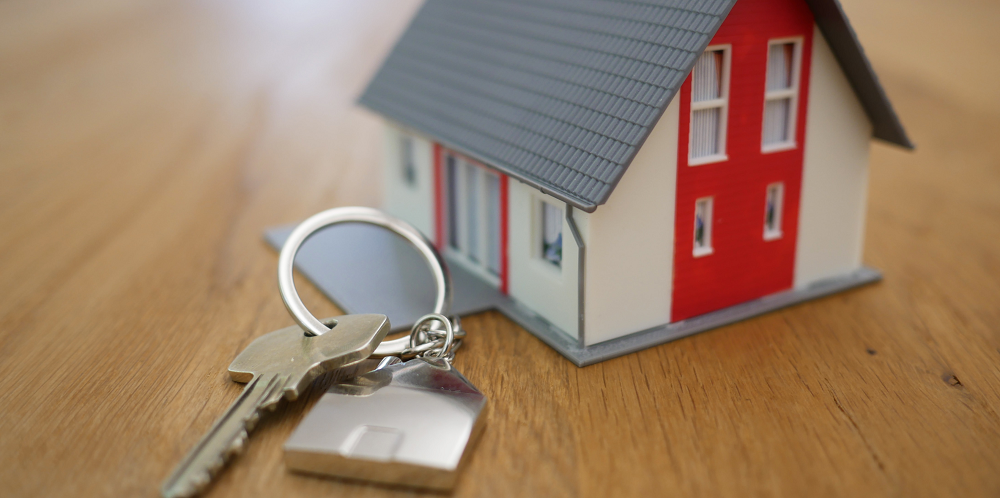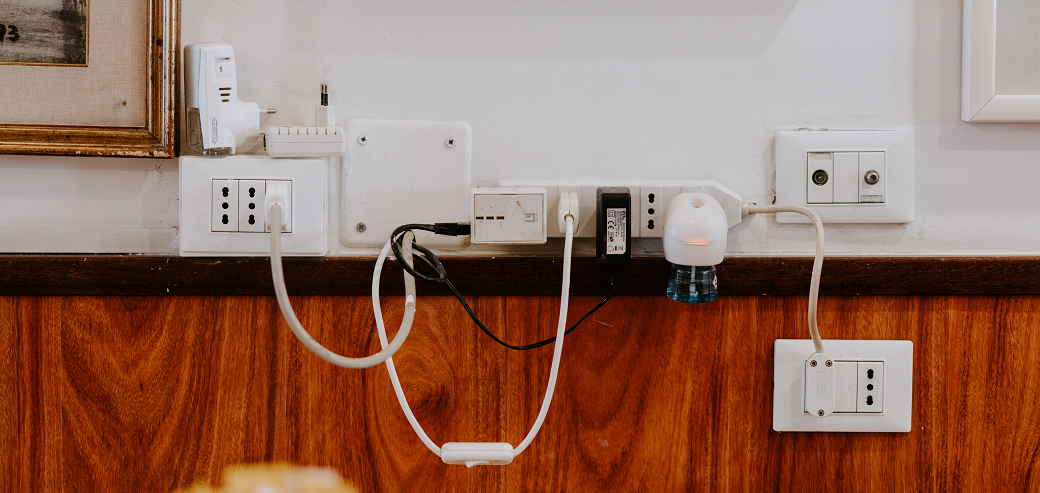Accommodation in Prague is widely available, and new arrivals moving to the city can find something to suit their budget, lifestyle and needs. Although Prague is rather affordable, due to a recent increase in demand, expats should expect accommodation costs to be similar to the rest of Europe.
There are a couple of things expats can do to decrease the costs involved, though, such as choosing to live outside the city centre and in an apartment or shared apartment as opposed to a house or villa. Regardless, expats will most likely find that accommodation will be their biggest cost.
Best areas and suburbs to rent in Prague
Prague is home to 22 administrative districts that distinguish its different areas and suburbs. Most expats will likely stay within Prague 1 to 10, as these neighbourhoods are closest to the city centre and have easy public transport links.
Vinhorady in Prague 2 is among the most popular expat neighbourhoods in the city thanks to the proliferation of a large English-speaking community, lively restaurants and western-style housing. Young and single expats usually favour Prague 1 in the city centre, Zizkov in Prague 3 and Holešovice in Prague 7. These areas boast a blend of affordable and mid-range housing, as well as trendy cafés and attractions.
With access to international schools and proximity to embassies, Dejvice in Prague 6 is one of the most family-friendly areas in the city. While the neighbourhood is a residential suburb, expats should expect to shell out a little more for a slice of this haven. Also in Prague 6, Bubeneč’s eastern side is filled with beautiful homes on tree-lined streets and Stromovka Park, making it the perfect place for raising a family. Similar to Dejvice, accommodation in this area also comes at a premium.
Expats looking to get away from the hustle and bustle of the city centre but also save money can look to neighbourhoods such as Smíchov in Prague 5 and Vršovice in Prague 10. These neighbourhoods provide an opportunity to enjoy key lifestyle attractions while also being home to quieter pockets.
Types of property in Prague

Depending on how much they’re willing to spend, expats can find apartments with one to three bedrooms that range in style from modern luxury buildings to Soviet-era blocks. The latter, which are situated in the districts outside the gorgeous city centre, are often in various states of disrepair and, unless expats can view them before signing the lease, are best avoided.
It is also rather popular among young expats in Prague to rent a room in a shared apartment to save some money. Those wanting a larger home for their family can find houses and villas in Prague.
Accommodation can come furnished, semi-furnished and unfurnished. Those who do not plan on staying in Prague long term may want to find a home that is already furnished to save them the costs of either having to ship in furniture or buy it once in the city.
Finding property in Prague
Accommodation can be found in newspapers, online, or through a local real estate agent and should ideally be secured in person and in advance. If it is not possible to travel to the country before moving there to secure accommodation, the next best option is to initially stay in short-term accommodation while looking for something suitable for the long term.
Websites aimed at the expat market will generally have listings posted at an extreme markup compared to what a local would pay. Those with a good grasp of Czech who are able to understand and navigate local websites can usually find accommodation at cheaper prices.
Renting accommodation in Prague
Making an application
Depending on the type of apartment an expat is applying for, they may need approval from a co-op board for a cooperative apartment or to fill out a municipal application form for municipal housing. With this in mind, it’s essential for expats to choose the right housing for them, as proof of accommodation is necessary for visa and work permit applications. Otherwise, expats can follow the simple process of viewing a property, making an application and paying the deposit to rent accommodation in Prague.

Leases, costs and fees
Leases can be for either an indefinite term or a fixed term, such as six months or one year. There are usually two versions of the lease: one in Czech with the other being an English translation, but in any legal matter, the lease in Czech will be prioritised. Expats should have a Czech-speaking friend or preferably a professional translator look over the two contracts to ensure that the terms in both are the same.
When renting accommodation, a deposit equivalent to one or two months’ rent is usually required. By law, this deposit should be returned to the tenant in full within one month of vacating the property. This is provided that it is left in good condition; if anything is damaged or broken, costs for repair or replacement may be deducted. To avoid being accused of causing damage that was already there when moving in, expats should take date-stamped pictures of any areas of concern before the start of the lease.
Lessees who find an apartment through an agent will also have to pay a commission fee, which is usually one month’s rent, once they have found an apartment.
See Accommodation in the Czech Republic for detailed information on renting accommodation in the country.
Utilities
Utilities are usually not included in the rental price and are to be paid by the tenant, but expats may be able to find accommodation for which the utilities are included. If not, expats should keep this extra expense in mind when drawing up their budget. The lease should specify the various utilities to be paid to the landlord in addition to the cost of rent.

Electricity and gas
Most expats moving to Prague will initially keep the unit’s electricity and gas accounts in their landlord’s name, as electricity and gas suppliers in the city require applicants to be permanent Czech residents or have a guarantor. Expats will usually have to make prepayments for both electricity and gas based on the number of people living on the property.
For electricity, the bill is usually sent quarterly, and the gas bill is sent annually. If expats have paid for more than they have used, they will be refunded, and if they have used more, they will need to make additional payments.
Expats who are keen on transferring the electricity and gas bills into their names can contact their provider, usually PRE or CEZ or PP, and fill out the contact form online. New arrivals can also contact the company via phone or visit a local branch with proof of identification, written permission from the property owner, banking details and guarantor’s details, if necessary.
Water
The Prague Water Supply and Sewage Company manages the water supply and distribution across the city. Water bills in Prague are typically kept in the landlord’s name, and consumption will usually be included in the monthly rental fee.
Landlords can choose between making monthly or quarterly advance payments. Similar to electricity and gas, landlords must fill out an advance plan stating the number of people who will be living on the property, enabling the company to estimate consumption. Expats are usually refunded if they use less water than initially estimated, and the opposite is also true.
Bins and recycling
Prague municipality’s environmental department is responsible for waste collection and management in the city. The municipality subcontracts collection services to several private companies and typically collects mixed waste. Sorting of waste is encouraged in Prague, and the city offers 4,430 delivery stations for sorted waste, which typically includes plastic, cardboard and glass.
The city provides free bins and collection services for bio-waste and offers bins at pre-determined locations every weekend. It is also free for Prague citizens to safely dispose of bulky and hazardous items such as furniture and car batteries. The city offers bulk waste containers, and it is also possible to arrange collection services.
Useful links
- Expats can visit CEZ, PP or PRE for more on electricity and gas connections and bill payments.
- The Prague Water Supply and Sewage Company has more on water quality, supply and connections in the city.
- The City of Prague’s Department of Environmental Protection has information on collection days and waste management throughout the city.
- Keeping in Touch in the Czech Republic has more on internet service providers in the city.
Further reading
►Read about the different modes of transport available in the city in Getting Around in Prague.
What do expats say about housing standards in Prague?
"The apartments themselves are smaller than in Latvia for the price. What is for a one bedroom apartment in Prague, in Riga you could get a bigger space. I must say though, apartment’s in Prague are better equipped. In most, there is already the basic equipment, like a fridge, a dishwasher and so on. It is also easy to find the flat that you want. There are many websites and Facebook groups where you can search for them, but the criteria to get it is way too complicated." Read about Juris, a Latvian expat, and how he's adapted to life in Prague.
Image credits: Ariel view of Prague by Helga Pettersen; Miniature house with keys by Tierra Mallorca; Home utility setup by Claudio Shwarz. All sourced from Unsplash.
Are you an expat living in Prague?
Expat Arrivals is looking for locals to contribute to this guide, and answer forum questions from others planning their move to Prague. Please contact us if you'd like to contribute.
Expat Health Insurance
Cigna Global Health Insurance.
Medical insurance specifically designed for expats. With Cigna, you won't have to rely on foreign public health care systems, which may not meet your needs. Cigna allows you to speak to a doctor on demand, for consultations or instant advice, wherever you are in the world. They also offer full cancer care across all levels of cover, and settle the cost of treatments directly with the provider.
Moving Internationally?
International Movers. Get Quotes. Compare Prices.
Sirelo has a network of more than 500 international removal companies that can move your furniture and possessions to your new home. By filling in a form, you’ll get up to 5 quotes from recommended movers. This service is free of charge and will help you select an international moving company that suits your needs and budget.
Get your free no-obligation quotes from select removal companies now!


